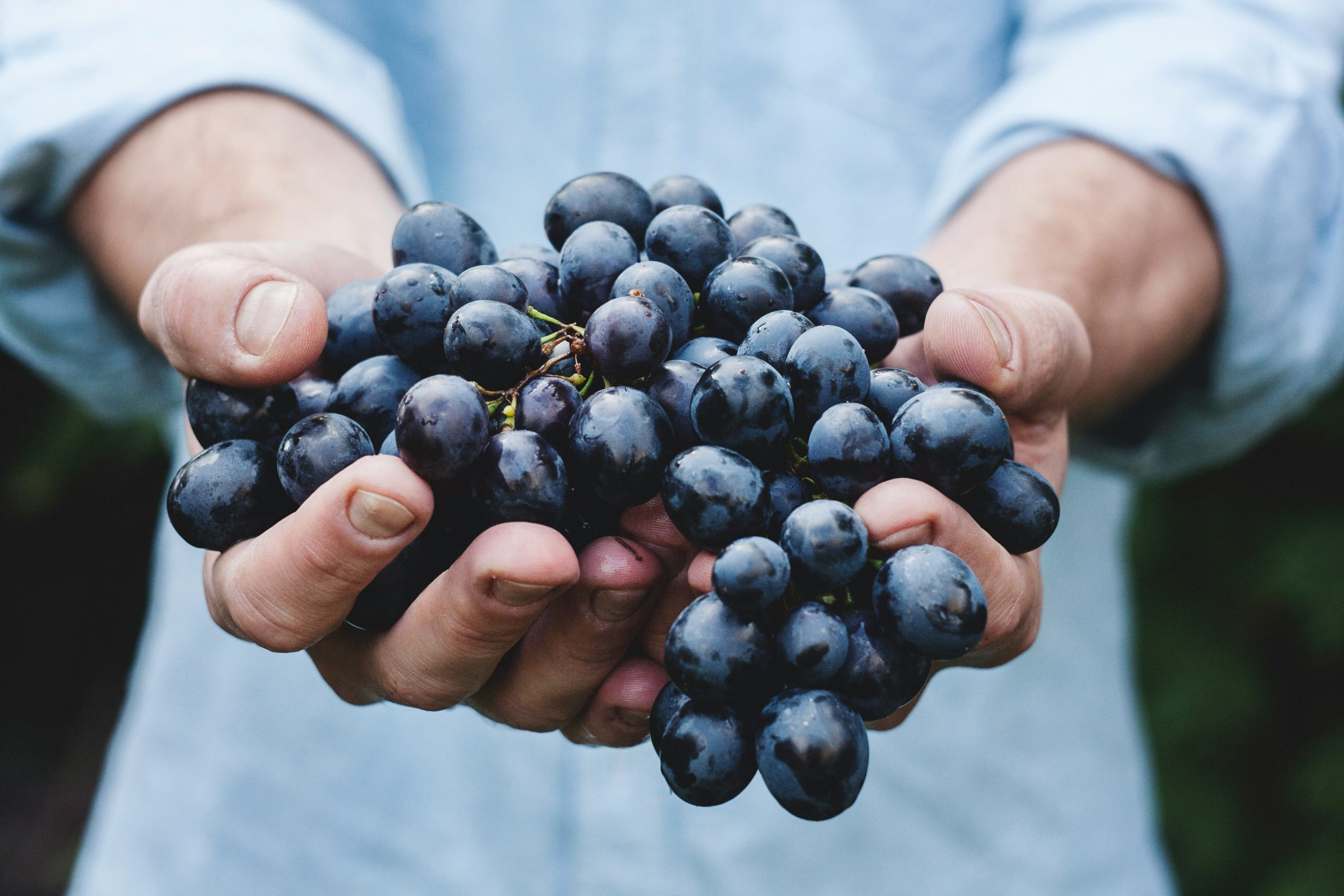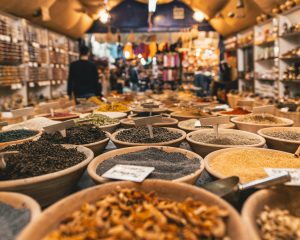How to Reduce Food Waste and Make Your Ingredients Last Longer
Food waste is a major issue in today’s society. In fact, it is estimated that one-third of all food produced in the world is wasted. This not only has significant financial implications, but also contributes to environmental problems. In addition, with people spending more time at home due to the pandemic, there has been an increase in food waste. Fortunately, there are simple ways to reduce food waste and make your ingredients last longer. By implementing these tips, you can save money and do your part in helping the environment.
Plan Your Meals
The first step to reducing food waste is to plan your meals. This means creating a grocery list based on the meals you intend to cook for the week. By having a list, you are less likely to make impulse purchases and end up with excess ingredients that may go to waste. It is also helpful to check your pantry and fridge before heading to the grocery store to avoid buying items you already have. Planning your meals not only reduces food waste, but also saves you time and money.
Proper Storage
Another important factor in reducing food waste is proper storage. Many foods can last longer if stored correctly. For example, fruits and vegetables should be stored in the crisper drawer in the fridge, while raw meat should be kept in the bottom shelf. Additionally, make sure to properly seal containers and bags to keep food fresh. For items that can be frozen, such as bread and meat, it is best to store them in the freezer to extend their shelf life.
Understand Expiration Dates
Understanding expiration dates is crucial in reducing food waste. Many people tend to throw out food as soon as it reaches its expiration date, even if it is still perfectly safe to eat. In reality, “best by” or “sell by” dates indicate when food is at its highest quality, but does not necessarily mean it is no longer edible. Use your judgement and rely on your senses to determine if food is still good to eat.
Fruits and Vegetables
Fruits and vegetables are often the first to go bad in our fridges. To make them last longer, store them properly and use preservation methods such as pickling or freezing. Another helpful tip is to cut up fruits and vegetables that are starting to wilt and freeze them for smoothies or soups later on.
Dairy Products
Dairy products, such as milk, cheese, and yogurt, can also be a challenge to keep fresh. Make sure to keep them at the proper temperature and consume them before their expiration dates. If you find yourself with excess milk, you can freeze it for later use in baking or cooking.
Leftovers
Leftovers are a great way to reduce food waste. Instead of letting them go to waste, get creative and transform them into new dishes. For example, a stir-fry can easily be turned into a wrap or a soup. Not only does this save you from throwing out food, but also adds variety to your meals.
Donate or Compost
If you still find yourself with excess food, consider donating it to those in need. Local food banks and shelters are always in need of donations. You can also compost food scraps instead of throwing them in the trash. Composting not only reduces food waste, but also creates nutrient-rich soil for gardening.
Conclusion
Reducing food waste may seem like a small step, but it has a big impact. By planning your meals, properly storing food, understanding expiration dates, and using creative ways to use leftovers, you can significantly reduce food waste in your household. Remember, every little bit counts in helping the environment and saving money. Let’s all do our part to make a difference.









